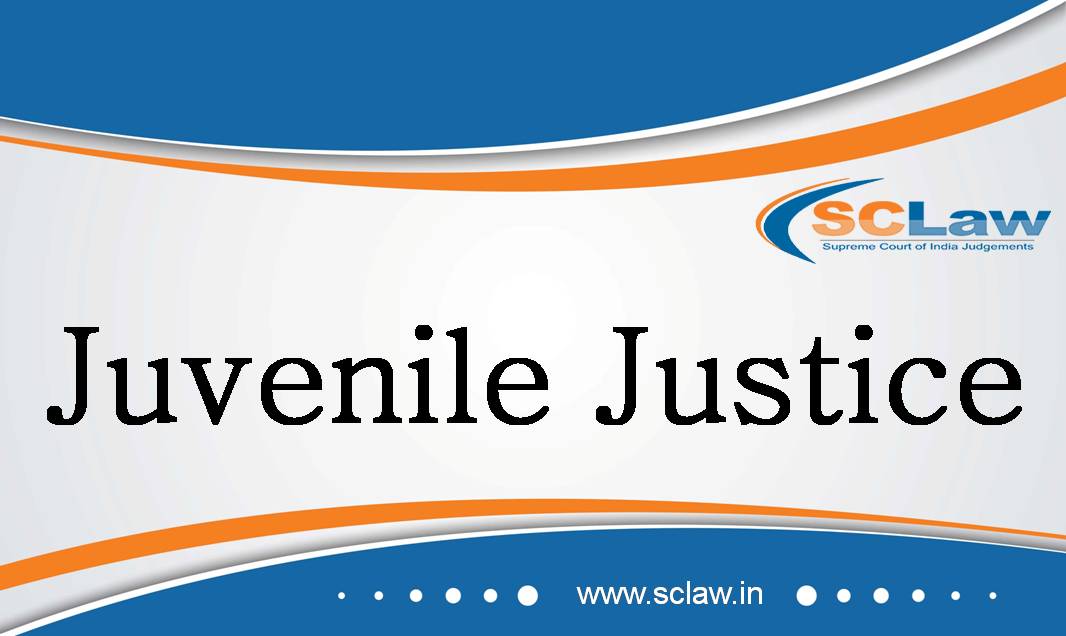Tamil Nadu State legislature had legislative competence to enact Tamil Nadu Land Acquisition Laws (Revival of Operation, Amendment and Validation) Act, 2019 and is not inconsistent with Article 254 of the Constitution of India. HELD “We hold the 2019 Act to be a legitimate legislative exercise and find it to be consistent with and within the four corners of Article 254 of the Constitution of India and also of the High Court judgment.”,
State legislature had legislative competence to enact retrospective validating Act As regards the competency of legislature to enact a retrospective validating Act, the bench referred to precedents and noted the…
SCOI refused to hand over the construction of Noida-based La Residentia project to National Buildings Construction Corporation (NBCC).
SCOI held that it would not be just and proper to hand over the construction of La Residentia to NBCC. “Hence we don’t recall the 2019 orders or revisit the…
HELD – Persons With Disabilities Have Right To Reservation In Promotions Siddaraju vs. State of Karnataka FOLLOWED Further HELD that the principle in Indra Sawhney & Others v. Union of India & Others – (1992) Supp. 3 SCC 215 against reservation in promotions will not extend to PWDs.
The Supreme Court on Monday held that persons with physical disabilities have right to reservation in promotions also. A 2-judge bench comprising Justices Sanjay Kishan Kaul and R Subhash Reddy…
HELD “Thus, for covering an offence under Section 364A (IPC) , apart from fulfillment of first condition, the second condition, i.e., “and threatens to cause death or hurt to such person” also needs to be proved in case the case is not covered by subsequent clauses joined by “or”.”
Issues framed by the Supreme Court The Supreme Court considered the following issues : I.What are the essential ingredients of Section3 46A to be proved beyond reasonable doubt by the…
SCOI – We’re passing General order for all boards. We direct the Boards that schemes be formulated and notified in 10 days from today and also declare the internal assessment results by 31st July, like timeline specified for CBSE and ICSE”,
Supreme Court also observed that it was not possible to have a uniform scheme of assessment for all state boards. “We are not going to direct uniform scheme. Each board…
‘Fair & Reasonable’: Supreme Court Refuses Interference With CBSE, ICSE Schemes For Class 12 Assessment
The Supreme Court on Tuesday refused to interfere with schemes propounded by CBSE and ICSE for evaluation of Class XII students, noting that there are other set of students who…
No adoption of affected children should be permitted contrary to the provisions of the JJ Act, 2015 – Invitation to persons for adoption of orphans is contrary to law as no adoption of a child can be permitted without the involvement of CARA – Stringent action shall be taken by the State Governments/Union Territories against agencies / individuals who are responsible for indulging in this illegal activity
SUPREME COURT OF INDIA DIVISION BENCH IN RE CONTAGION OF COVID 19 VIRUS IN CHILDREN PROTECTION HOMES ( Before : L. Nageswara Rao and Aniruddha Bose, JJ. ) SMW (C) No.…
Republic of Italy, deposited pursuant to award dated 21.05.2020 passed by the Arbitral Tribunal can be said to be a reasonable amount of compensation and can be said to be in the interest of heirs of the deceased – In exercise of powers under Article 142 of the Constitution. FIR quashed and set aside.
SUPREME COURT OF INDIA DIVISION BENCH MASSIMILANO LATORRE AND OTHERS — Appellant Vs. UNION OF INDIA AND OTHERS — Respondent ( Before : Indira Banerjee and M.R. Shah, JJ. )…
Goods Imported Violating FTDR/DGFT Notifications Are ‘Prohibited Goods’ Liable For Confiscation Under Customs Act
Held that peas and pulses, which were imported in violation of the notifications of the Central Government and the Director General of Foreign Trade issued under the Foreign Trade (Development…
It is not the intent of IBC that a security interest available to a dissenting financial creditor over the assets of the corporate debtor gives him some right over and above other financial creditors so as to enforce the entire of the security interest.
“It has not been the intent of the legislature that a security interest available to a dissenting financial creditor over the assets of the corporate debtor gives him some right…













